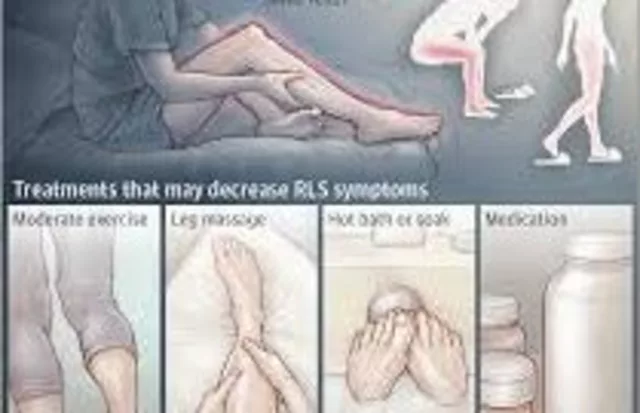Aspirin: Uses, Risks, and What You Need to Know
When you think of Aspirin, a widely used nonsteroidal anti-inflammatory drug (NSAID) that reduces pain, fever, and inflammation. Also known as acetylsalicylic acid, it’s one of the most studied pills in medical history—used for everything from headaches to preventing heart attacks. But it’s not just a quick fix for a sore muscle or a bad migraine. Aspirin works by blocking enzymes that cause swelling and pain, and it also stops blood platelets from clumping together. That’s why doctors sometimes prescribe low-dose aspirin for people at risk of heart disease.
But here’s the thing: taking aspirin daily isn’t safe for everyone. While it can lower your chance of a heart attack or stroke, it also increases your risk of internal bleeding—especially in the stomach or brain. People with ulcers, kidney problems, or those who drink alcohol regularly need to be extra careful. And if you’re under 18, aspirin is a no-go because of Reye’s syndrome, a rare but dangerous condition linked to viral infections. It’s not a one-size-fits-all pill. Even something as common as aspirin needs to be matched to your health profile.
Aspirin also interacts with other meds you might be taking. If you’re on blood thinners like warfarin, or even common painkillers like ibuprofen, aspirin can make things worse—either by making bleeding more likely or by canceling out the effects of other drugs. And if you’re pregnant, especially in the third trimester, aspirin can affect your baby’s heart and delay labor. It’s not just about popping a pill—it’s about understanding how it fits into your whole health picture.
What you’ll find in the posts below are real, practical guides that dig into how aspirin connects to other medications, conditions, and risks. You’ll see how it relates to high blood pressure, why it’s sometimes avoided with other NSAIDs, and how it plays a role in long-term heart health. No fluff. No guesswork. Just clear, direct info from people who’ve seen the effects firsthand.

Aspirin for Cold & Flu Relief: Effectiveness, Risks & Alternatives
Find out if aspirin truly helps with cold and flu symptoms, its risks, proper dosage, and safer alternatives in a clear, expert‑backed guide.
View More




